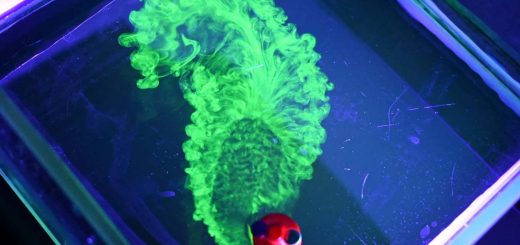Face masks ward off covid-19, so why are we still arguing about it?
The most recent review into the effectiveness of face masks has confirmed that they do help to prevent covid-19, but the intervention remains a controversial issue
By Michael Le Page
31 October 2023
Asking people to wear masks is linked to reduced coronavirus transmission
Richard B. Levine/Alamy
A review of the studies done so far has concluded that wearing masks really does help prevent the spread of covid-19. It is far from the first paper to come to this finding, so why does the issue remain so controversial? The problem is that it isn’t easy to carry out individual studies of the highest standard during a pandemic.
That standard is a randomised controlled trial (RCT), in which people are randomly assigned to either get a treatment or intervention, in this case wearing a mask, or not. Because of the practical difficulties, only two RCTs have looked at whether wearing masks prevents the spread of covid-19 outside of healthcare settings.
One, in Denmark, was too small to produce a statistically significant result. The other, in Bangladesh, found that in villages randomly chosen to be supplied with masks, 35 per cent fewer people aged more than 60 years old and 10 per cent fewer people overall got symptomatic infections, compared with villages that weren’t supplied with masks.
Advertisement
As such, the much-criticised Cochrane review published in January, which looked only at RCTs, said it couldn’t draw “firm conclusions” about the efficacy of masks. Some people then wrongly claimed that this review found that masks don’t work.
Many highly effective policies, such as speed limits and the wearing of seatbelts, have never been assessed by RCTs, as pointed out by Shama Cash-Goldwasser at the Resolve to Save Lives initiative in New York. When few RCTs have been done, it is appropriate to look at other kinds of evidence, she and her colleagues write in their review.
To start with, lab studies show that masks help block the relatively large droplets and aerosols that can carry viruses, with higher-quality N95 masks filtering out more than lower-quality masks.


